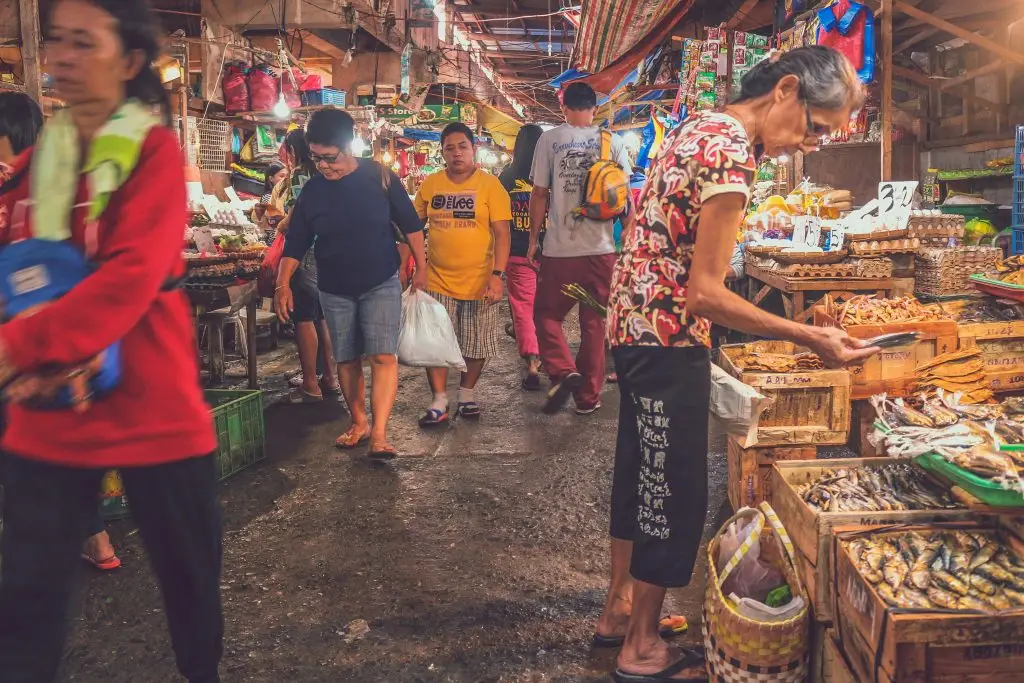
Do Filipinos truly want societal discipline and justice—even if it means giving up cultural freedoms, confronting elite impunity, and enforcing long-ignored laws?
An Exploration of Cultural Dynamics and Systemic Change*
The Philippines, a vibrant nation known for its rich culture, warm hospitality, and spirited traditions, faces a perennial question: do Filipinos genuinely desire societal discipline and justice, even at the cost of altering deeply ingrained cultural practices and confronting systemic challenges? This inquiry touches upon profound intersections between individual freedoms, collective aspirations, and the structural reforms required to transform society.
The Essence of Societal Discipline and Justice
Societal discipline refers to the adherence to laws and norms that prioritize the collective good, while justice ensures that these laws are equitable and applied fairly across all sectors of society. Achieving such ideals often demands sacrifices—compromising certain freedoms, enforcing regulations consistently, and holding everyone accountable, including the elite.
The Cultural Context: Freedom and Celebration
For many Filipinos, cultural expressions like karaoke sessions that stretch into the early hours of the morning or the carefree convenience of riding motorcycles without helmets embody the essence of joy, spontaneity, and freedom. These practices, though cherished, sometimes clash with the principles of societal discipline. Noise pollution from extended karaoke sessions can disrupt neighborhoods, and helmetless motorcycle rides pose grave safety risks. Balancing personal enjoyment with public responsibility becomes critical in discussions on societal progress.
Kapwa
Filipino culture is shaped by a blend of indigenous traditions, Spanish and American colonial legacies, Catholicism, and modern global influences. Key values like kapwa (shared humanity), utang na loob (debt of gratitude), and pakikisama (social harmony) emphasize community, loyalty, and interpersonal relationships. However, these values coexist with challenges like a weak sense of nationhood, historical distrust of elites, and a tendency toward “self-righteous disobedience” rooted in colonial oppression. These factors inform attitudes toward discipline, justice, and cultural practices.
Systemic Challenges: Corruption and Accountability
Justice in the Philippines is often hindered by systemic corruption, a reality exacerbated by insufficient wages for public servants, particularly the police force. When law enforcement officers are underpaid, the temptation to engage in corrupt practices intensifies, undermining justice and eroding public trust. Reforming this system would require not only better compensation but also unwavering accountability, even for those in positions of power. Holding elites responsible for misconduct would signify a seismic shift in societal norms and governance.
Do Filipinos Really Want Change?
The desire for societal discipline and justice varies among Filipinos, influenced by economic conditions, cultural values, and personal priorities. While many recognize the need for change—be it safer streets, fair law enforcement, or more equitable systems—there is often hesitation when such transformations encroach upon freedoms or traditions.
Reigning in the Elites
Surveys and studies suggest a mixed desire for discipline. Some Filipinos, particularly the middle class, express frustration with societal disorder, such as traffic violations or lax rule enforcement, and support stronger governance. For example, during Rodrigo Duterte’s presidency, his “war on drugs” and calls for discipline resonated with segments of the population, particularly those in the “extremely punitive” cluster identified in studies, who favored authoritarian measures to curb crime and disorder. This group showed satisfaction with strong leadership and a preference for order over leniency.
The Cost of Progress
Consider the sacrifices necessary for societal improvement:
Restricting activities like karaoke to reasonable hours to promote community harmony.
Mandating helmet use for motorcyclists to reduce accidents and fatalities.
Increasing police salaries to combat corruption, which may require reallocating public funds or raising taxes.
Strictly enforcing laws that apply to everyone, including the elite, which could disrupt entrenched power structures.
Each of these changes demands adjustments from different segments of society, many of whom may resist due to the inconvenience or loss of personal liberties they entail.
Resistance to Change
Despite the evident benefits of discipline and justice, some Filipinos prefer the status quo. For them, the informal, flexible dynamics of current practices are less intimidating than the rigidity of a disciplined society. There is also skepticism about whether reforms can be implemented fairly, given the history of inequality and corruption in the country.
Takot Sa Hindi Alam
The idea of holding elites accountable is appealing but contentious. Filipinos are aware of elite impunity, yet cultural values like utang na loob and pakikisama can perpetuate loyalty to powerful figures, especially in patronage-based, 3rd world systems like the Philippines. Duterte’s anti-corruption rhetoric, for instance, gained traction by targeting perceived, corrupt elites, but his failure to deliver systemic change led to disillusionment. Public support for anti-corruption measures exists, but it’s tempered by skepticism about implementation, given historical failures and entrenched elite power.
A Concerted Effort
For societal discipline and justice to take root in the Philippines, a collective effort is essential. Public awareness campaigns highlighting the benefits of reforms, coupled with transparent governance, could bridge the gap between aspirations and actions. Cultural traditions need not disappear but can evolve to coexist harmoniously with societal discipline. For example, setting community-wide agreements on acceptable karaoke hours or promoting helmet safety as a cultural norm can achieve both ends.
In The End, Filipinos Must Be of One Mind
The question of whether Filipinos genuinely want societal discipline and justice is layered and complex. While the road to progress may require relinquishing certain freedoms and confronting systemic inequalities, the benefits—a safer, fairer, and more harmonious society—are undeniable. The challenge lies in fostering a shared vision where discipline and justice are not seen as constraints but as foundations for a better future.


